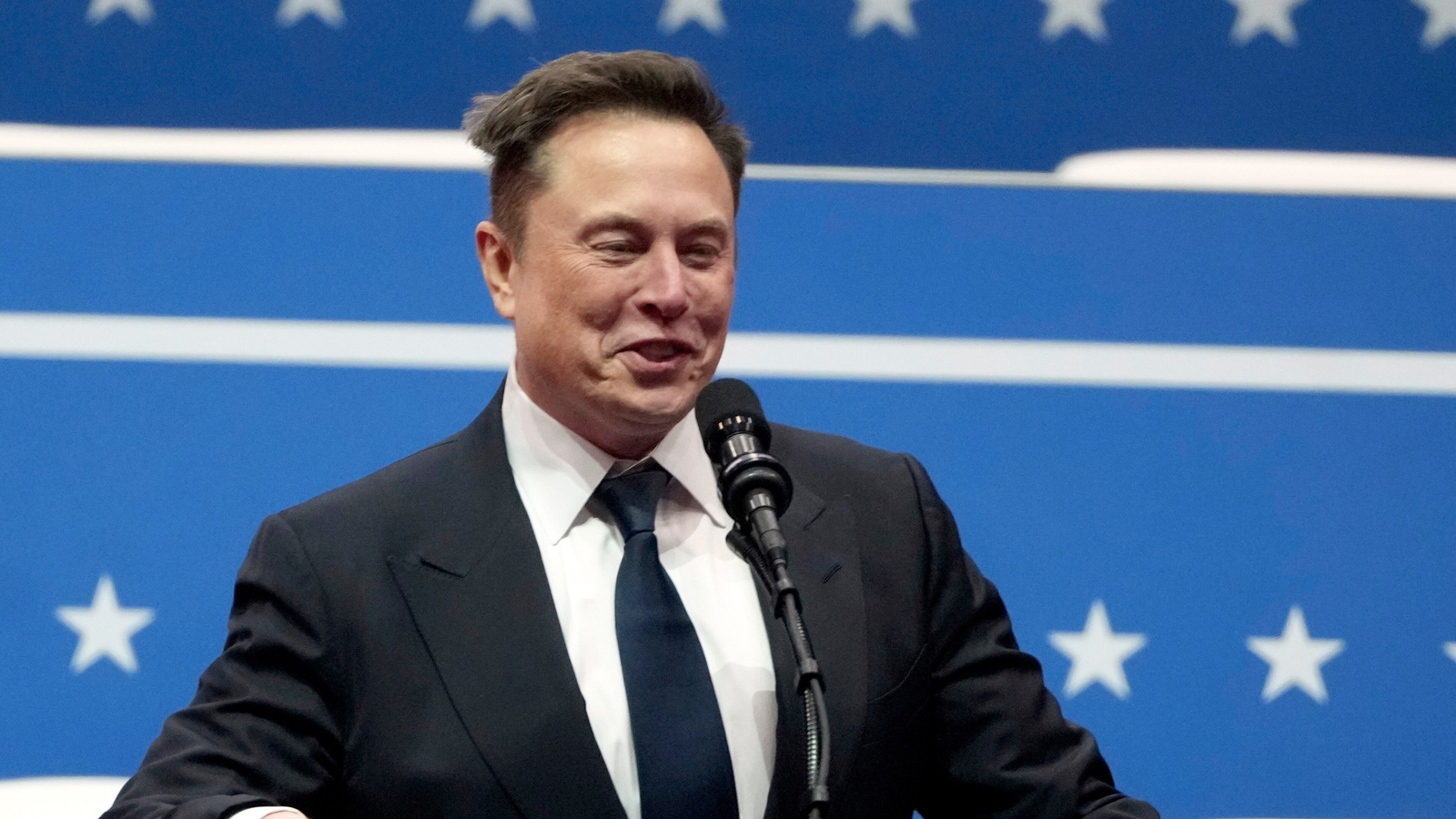Billionaire tech tycoon Elon Musk, who runs firms such as Tesla and SpaceX, is back in the news again — not for sending rockets or selling electric motors, but as a professional in the US government of Donald Trump. Despite news that Musk is to leave or resign, fresh information indicates that his contract as a special government employee will expire around May 2025.
Musk’s Role in the Trump Administration
Elon Musk’s coming on board in the Trump administration raised public interest and media attention from the start. His status was that of a special government employee, a designation that allows private sector individuals to participate in government projects for a temporary period without becoming full-time employees. With this special status, Musk was able to offer consultancy services while still running his business enterprises.
Musk has held a number of advisory and strategic positions related to technology, innovation, and efficiency at federal agencies. However, his specific day-to-day duties were not fully disclosed, partly donating to rumors and misperceptions regarding how much influence he had.
Misconceptions About Musk “Quitting”
Recent online debates and headlines suggested that Musk abruptly quit his role, possibly in response to political disagreements or policy frustrations. But according to reliable sources and official records, Elon Musk did not resign – he only completed his term. His clearance and permission to serve the government were valid until May 31, 2025, as per established guidelines.
This confusion likely arose from Musk’s comments and Internet postings in which he complained about red tape, inefficiency, and policy problems. But these were not official resignations or signals of early exit. He fulfilled the full duration of his authorized term.
What Does a “Special Government Employee” Mean?
The term Special Government Employee (SGE) is often misinterpreted. It is used to describe those persons who are appointed temporarily into government service for not more than 130 days within a calendar year. This position enables private sector experts to serve the government without having to become full-time federal employees.
Elon Musk’s status allowed him to advise the administration on technology, infrastructure, and innovation-related issues. His input was especially valued in areas such as space policy, clean energy, AI regulation, and digital transformation—domains where he holds extensive experience.
Musk’s Impact and Contributions
During his time as an SGE, Elon Musk participated in several strategy discussions everywhere public-private partnerships, cybersecurity improvements, and streamlining federal technological systems. While his role was consultative, insiders suggest that his influence helped shape innovation policies and encouraged the adoption of modern technologies across departments.
One notable area where Musk’s influence was reportedly felt was in NASA collaborations and boosting investment in commercial space ventures. His presence also sparked conversations about autonomous vehicles and next-generation internet infrastructure.
Public Reactions and Controversy
The news that Musk worked with the Trump administration drew mixed reactions. Supporters viewed his participation as a positive move to bring technological innovation to Washington. Critics, however, questioned the ethics of allowing billionaire CEOs to hold governmental advisory roles while simultaneously running private enterprises.
This debate intensified after Musk criticized some of the administration’s fiscal policies. However, his critiques seemed to be in the spirit of open dialogue rather than signals of resignation.
Why the Misunderstanding Matters
The incorrect narrative that Elon Musk “quit” prematurely feeds into political drama and oversimplifies a nuanced situation. Musk did not step down; his government-assigned tenure simply expired at the end of May 2025 as per regulations. Clarifying this point is crucial for accurate public understanding and helps avoid the spread of misinformation.
Additionally, it highlights why it is vital to know how public-private partnerships work in today’s governance. Top executive Elon Musk could serve without becoming a permanent government employee, providing applicable expertise while being mindful of ethical boundaries.
What’s Next for Elon Musk?
With Musk’s advisory period now over, he will presumably focus on his core business also. Tesla is moving forward around the world, SpaceX is preparing for the next round of simulations for its Mars mission, and Neuralink is advancing brain-computer interfaces.
His entry into government has demonstrated that he is indeed interested in influencing public policy, particularly where it overlaps with technology. It would not be surprising if Musk were to be involved in future national or international innovation efforts, either officially or unofficially.
Conclusion
Elon Musk did not quit the Trump administration. His status as a special government employee was predetermined to end in May 2025, and he served the full duration of his appointment. While speculation and political drama fueled confusion, the reality is far simpler: Musk fulfilled his duties and completed his role as planned.
This episode reminds us of the complications that arise when business leaders participate in government. As technology continues to reshape society, collaboration between public institutions and private innovators like Elon Musk will remain critical to progress.



